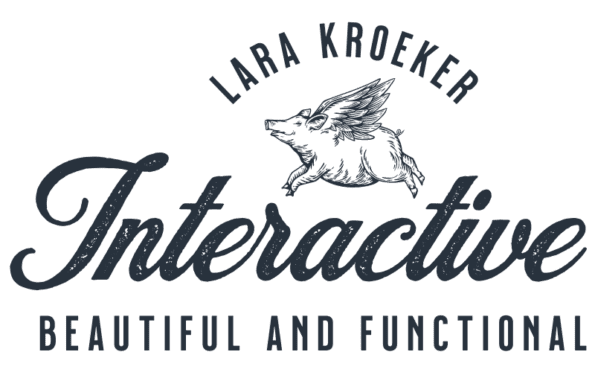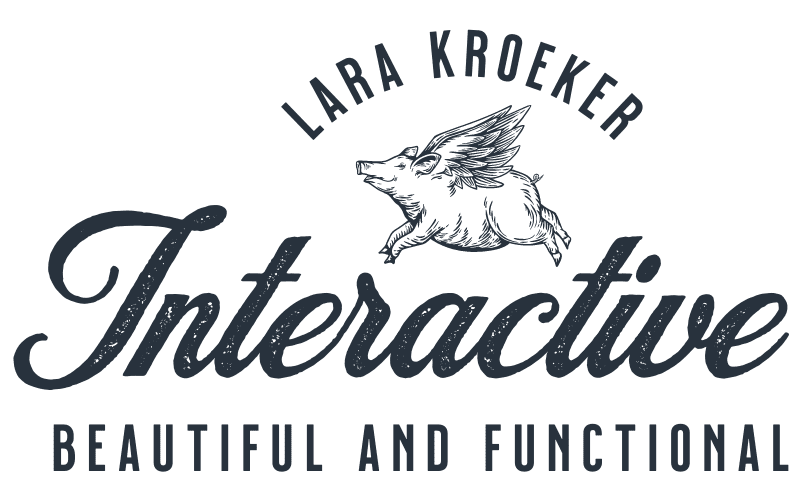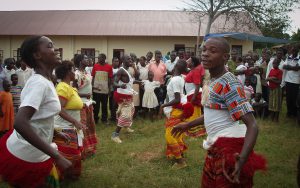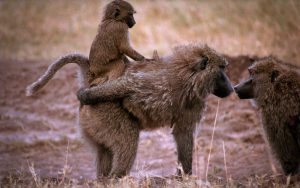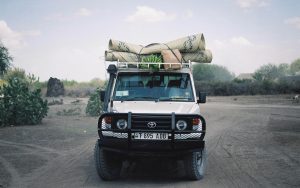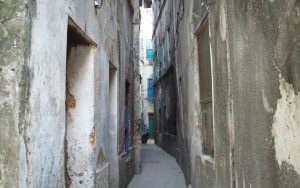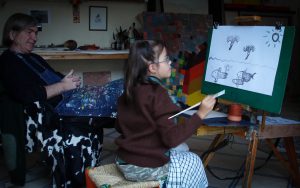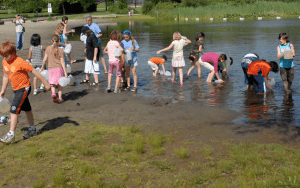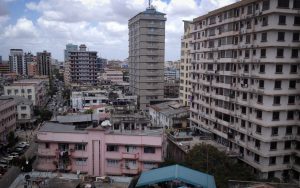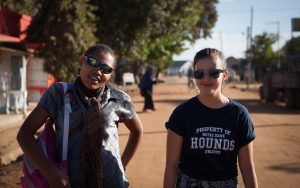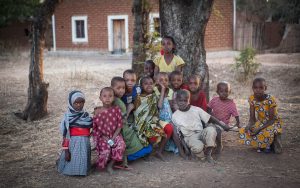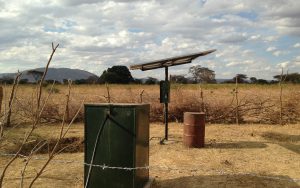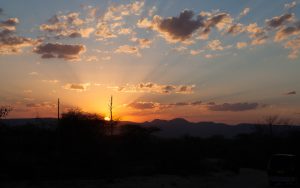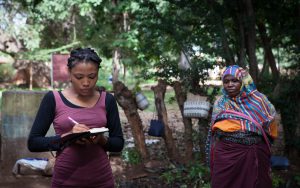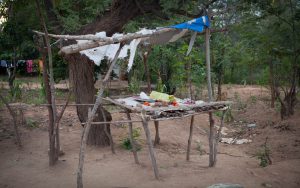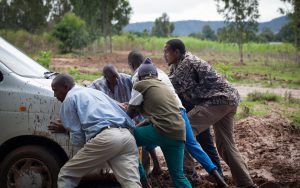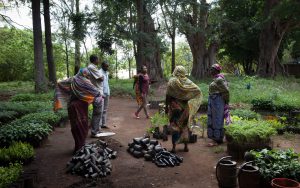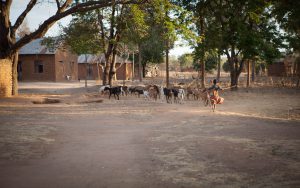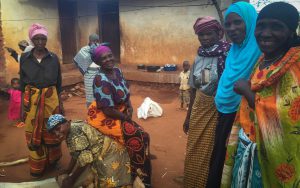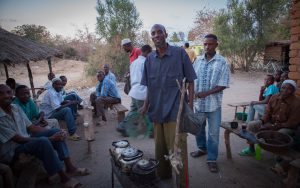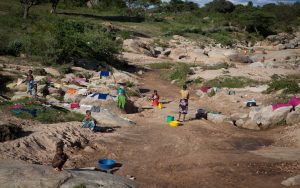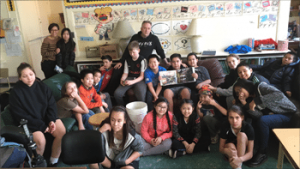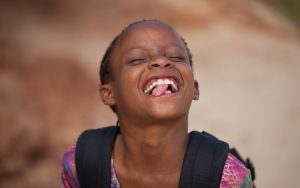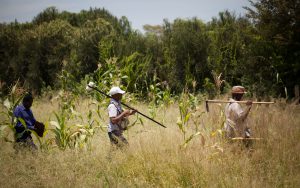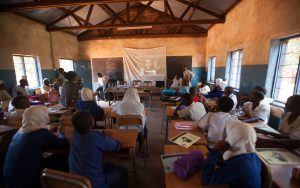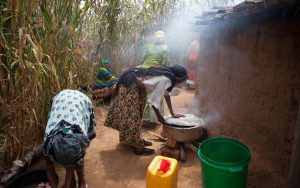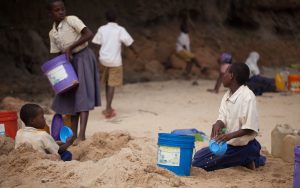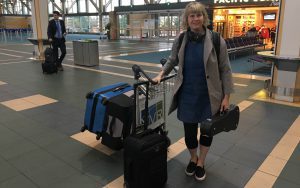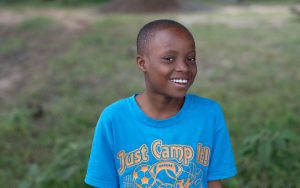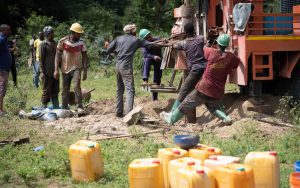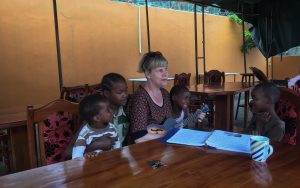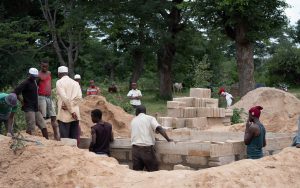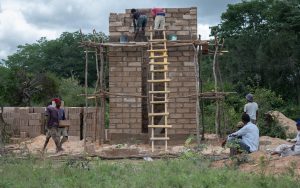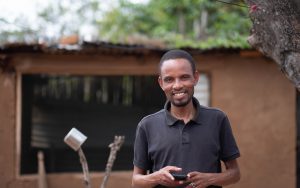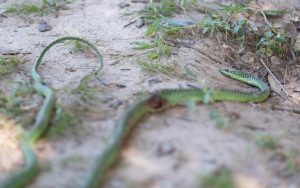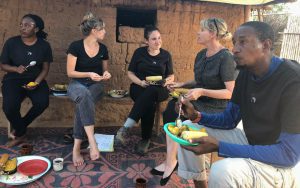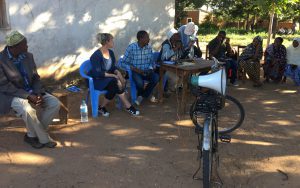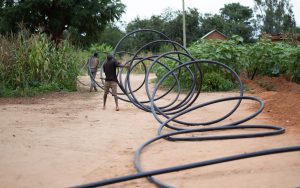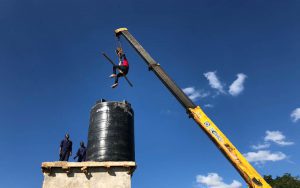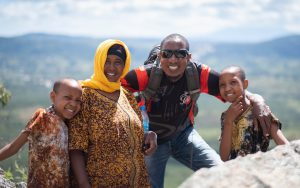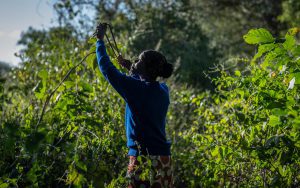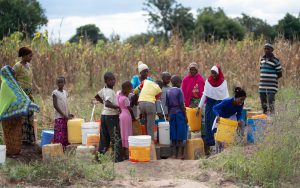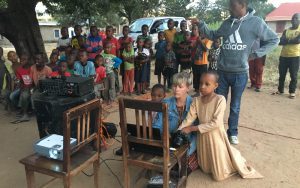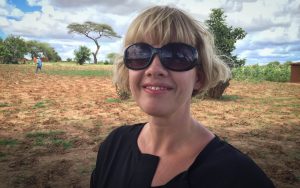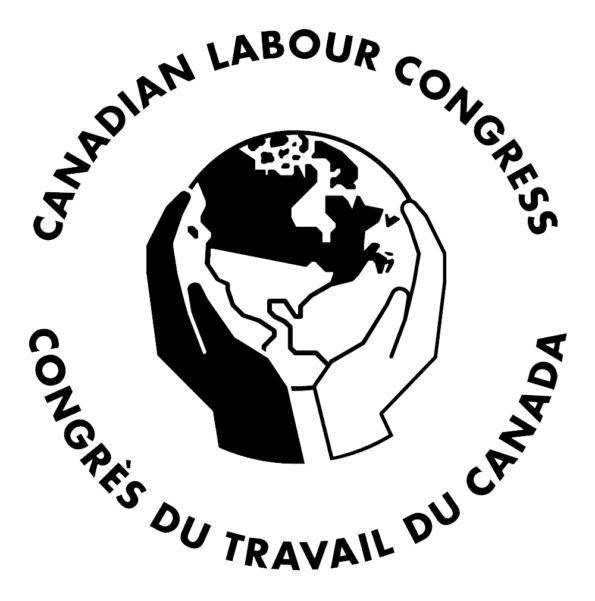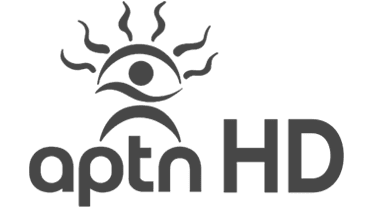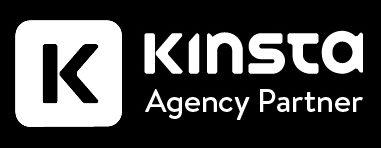Jafari was the regional hydrologist in Dodoma and had worked in the Kondoa region for a long time, and he agreed to put a team together to do water surveys for the Iyoli Water Project.
He was familiar with water policy rules, regulations, and the water act, so we were able to register the project properly with the regional office—details that we would have overlooked, details we did overlook during the Cheku project, but registering everything beforehand helped it all to go smoothly.
To help determine how deeply the hole needed to be dug, his team would be doing a magnetic survey that measured spatial variations in the Earth’s magnetic field and vertical electrical tests that would send electrical currents into the ground. Basically, it was a way to pinpoint various locations for the borehole in Iyoli, and it also created a scientific document that I could send to organizations.
With ten people jammed into our vehicle, we followed the team of technicians to the first potential water point—the middle of a corn field. In addition to Baraka, we had brought along another translator, Habiba, who knew English really well. She was the sister of one of the girls who worked at the Kondoa Climax Annex Hotel. Habiba was a lovely, young twenty-one-year-old who had just gotten divorced and moved to Kondoa.
We got out of the car and found a place to stand. The day was hot and I was constantly looking for shade because the sun was beating relentlessly down on my head.
The team stopped and asked us to move farther away so that cell phones and metal were not interfering with their sensitive magnetic survey equipment. We put some distance between us, and the men spent the time reading papers while the kids ran around and played.
We waited and watched.
The team returned and the growing crowd followed them to the next potential water point. They measured, calculated, recorded, and hammered under the hot sun. Work continued.
The sweat rolled off our skin, and we took a break to eat watermelon, which made our hands sticky. Then we lifted the measuring tape to let some cows pass. The air was still.
I walked away to sit with a nearby family so that I could borrow the shade from their tree. We ate peanuts from their garden. We laughed and watched. They talked and I listened.
The team finished and we piled into the car and returned to the village to eat food that the ladies had prepared. The sun was setting. The kids were playing. The ladies were talking. I looked and smiled.
They talked and I listened.
